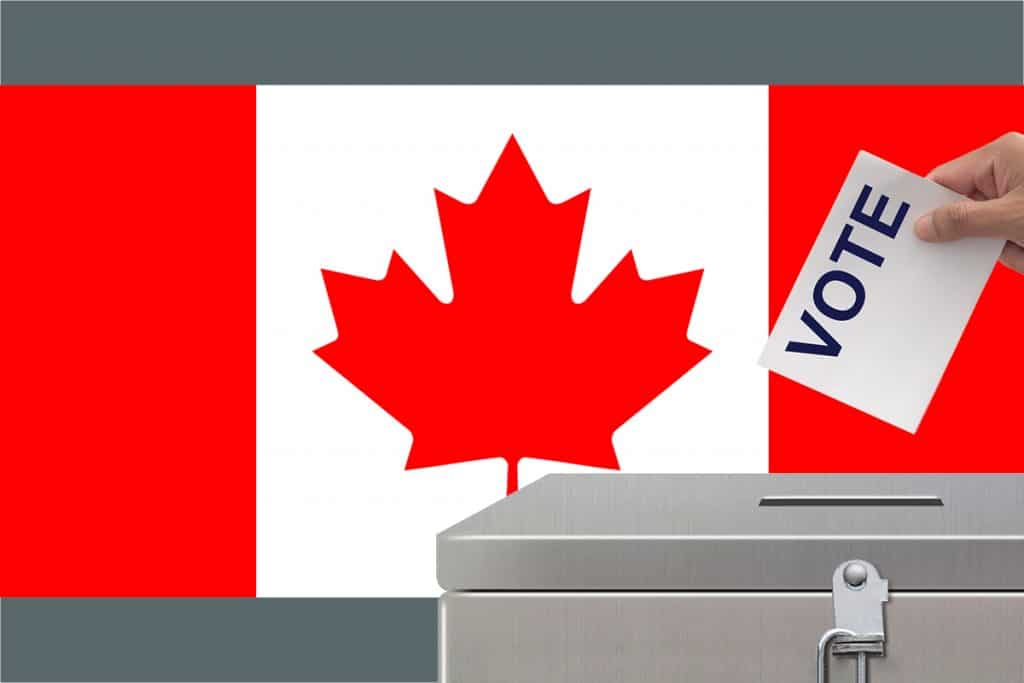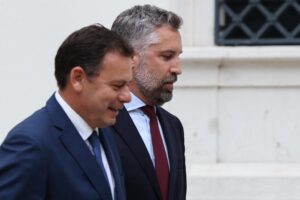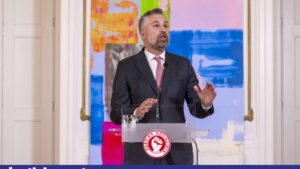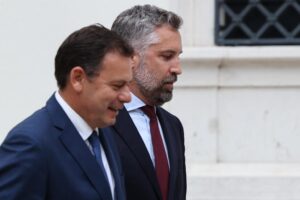Three of election front-runners are Portuguese-Canadians
Three Portuguese-Canadian candidates, two for the Liberal Party and one for the New Democratic Party (NDP), are among the frontrunners in Canada’s federal election on April 28, in a ballot largely marked by the economic crisis, tariffs imposed by the United States and the rising cost of living.
Charles Sousa, Peter Fonseca and Sandra Sousa, all with Portuguese roots, are running in constituencies in the Greater Toronto Area, where the Portuguese-Canadian community has a strong presence.
For Charles Sousa, Liberal candidate for Mississauga-Lakeshore, these elections are “extremely important”.
“We have to protect our sovereignty, the economy and essential social programmes for Canadians,” he tells Lusa, pointing to the trade tariffs imposed by the United States as a threat to the well-being of the population and national unity.
Sousa was elected to the Canadian federal legislature in 2022, after previously representing the same constituency at the provincial level, where he served as Ontario’s finance minister.
“We have to keep Canada in a strong position internationally. The other side wants to divide, but we have to be united,” he said, referring to the Conservative Party that was riding high in the polls until quite recently (see below).
The Mississauga-Lakeshore constituency, with almost 120,000 inhabitants, includes communities with a significant Portuguese diaspora. Among them, in the East-Cooksville constituency, Peter Fonseca is running again for the Liberal Party. A former Olympic marathon runner and federal MP since 2015, Mr Fonseca says this is “the most important election of his generation”.
“The tariffs imposed by the United States are affecting our quality of life, the prices of essential goods, pensions and jobs,” he warned, advocating the need to diversify trade relations with Europe and Asia.
On the role of Mark Carney, the new Liberal leader, Fonseca was clear: “He is a renowned economist, former governor of the Bank of Canada and the Bank of England. He is the right person to lead the country through this crisis.”
In Davenport, the NDP New Democratic Party’s hope is engineer Sandra Sousa, whose constituency has the highest proportion of Portuguese speakers in Canada – over 17% according to the 2021 census.
Sandra, the daughter of Portuguese immigrants, says she decided to run because “it’s time” for the community to “have a strong, local voice in Ottawa”.
“The housing crisis, the cost of living and climate change are urgent issues,” she told Lusa, arguing that “with global instability and Trump’s tariffs”, we need to “invest in people”.
Sandra believes that only a minority government with a strong NDP will be able to “ensure real changes”, recalling that her party negotiated the $10-a-day daycare programmes, the dental care plan, and the advancement of the national public insurance plan PharmaCare.
In addition to the candidates, former deputy mayor of Toronto, Ana Bailão, also emphasised the importance of these elections to Lusa.
“With the tariffs, Canada faces one of the biggest crises in its history”, she said, believing it will take someone with international experience and economic capacity like Mark Carney to lead.
Sérgio Ruivo, former president of the Federation of Portuguese-Canadian Entrepreneurs and an accountant, adds: “The threat to our sovereignty and economy is real. Canadians are united like never before.”
In Quebec, Liberal MP Alexandra Mendès will be seeking a fifth term. She has represented the electoral district of Brossard-Saint-Lambert (Montreal) since 2015. Between 2008 and 2011, she was MP for Brossard-La Prairie.
Economist Carlos Leitão, former Quebec finance minister between 2014 and 2018, is the Liberal candidate for Marc-Aurèle-Fortin in Laval, in a return to federal politics after leaving provincial politics in 2022.
Early voting runs until tomorrow, and has already attracted two million voters – a record in the country – on Good Friday’s first day alone.
According to national elections agency Elections Canada, more than 28 million Canadians are registered to vote.
On April 28, voters will choose the 343 members of Parliament and the new prime minister, in a “head-to-head” between Liberal Mark Carney and Conservative Pierre Poilievre, whose popularity took a nosedive following the arrival onto the political scene of US president Donald Trump.
source: LUSA




















